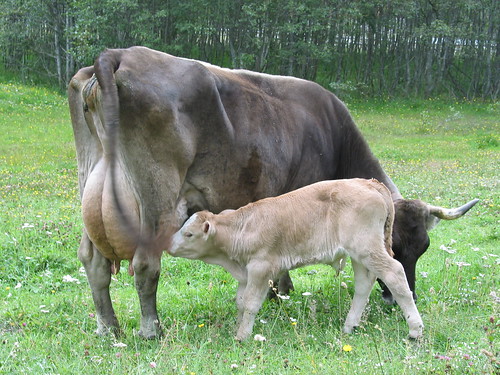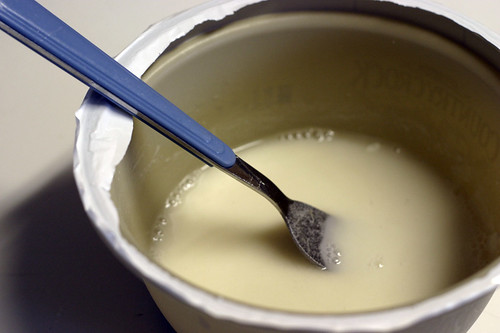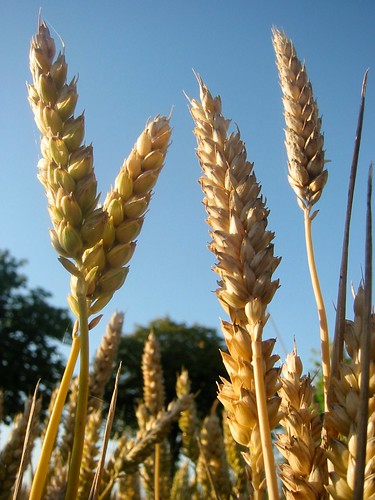 Cow's milk that is.
Cow's milk that is.But it applies to any dairy product, or any other animal's milk and milk product.
Three reasons.
- I'm human.
- I'm too old.
- I feel bad for baby cows.
Let me ellaborate a little, and we'll start by asking "What is milk?"
Wikipedia says:
"Milk is a white liquid produced by the mammary glands of mammals. It is the primary source of nutrition for young mammals before they are able to digest other types of food. Early-lactation milk contains colostrum, which carries the mother's antibodies to the baby and can reduce the risk of many diseases in the baby. "
noun1. an opaque white or bluish-white liquid secreted by the mammary glands of female mammals, serving for the nourishment of their young.
2. this liquid as secreted by cows, goats, or certain other animals and used by humans for food or as a source of butter, cheeses, yogurt, etc.3. any liquid resembling this, as the liquid within a coconut, the juice or sap of certain plants, or various pharmaceutical preparations.
I say:
- Milk is what mother mammals make for their babies to eat.
- It is designed to give the absolute best (read: normal) start for a young mammal.
- It is species specific. I.E. - A gorilla mother will make milk specifically designed to feed gorilla babies, a mother dog will make milk specifically designed to feed puppies, a human mother will make milk specifically designed to feed human babies ...AANNNNDDD a cow mother will make milk specifically designed to feed CALVES.
The conclusions I have drawn include:
- Breastfeeding is best (normal) nutrition for my daughter, and any future children. A breastmilk substitute comes with risks that need to be managed (info and resources here).
- There is no way that a mummy cow's milk is important/essential/necessary to my health or that of my daughter. Cow's milk is so at odds with human digestion that it causes all manner of upsets for many people. Even (the much healthier) raw, organic, grass-fed cow's milk is just not supposed to be eaten by humans.
- For a cow to lactate, she must have given birth to a calf, right? If humans are taking all of this milk from these cows, where are their babies? What are they eating?
- OR the cows have lactation artifically induced, with hormones which pass into the milk and end up on your cereal and in your coffee. Yum.
 |
Which leads me back to the afore-mentioned reasons that milk and dairy do not appear in my diet:
- I'm human - Humans only need human milk. They need cow's milk as much as they need giraffe's milk. Or whale milk. Or cat or dog or chimpanzee milk. It just doesn't make any logical sense.
- I'm too old - Yes human milk for humans and I'm all about natural weaning, but 24 is definitely too old.
- I feel bad for baby cows - Are they ALL slaughtered, JUST so that we can steal their food? I'm an omnivore, I believe in the circle of life (lol), and that meat is an essential part of a human diet, but to kill a baby to steal it's food just seems a little over-the-top evil to me. And if they grow up to be beef cattle, wouldn't they be healthier (and therefore more nutritious eating), if they get mother's milk as calves?
Milk (any dairy) is not necessary, and even if it can be nutritious, it disagrees with my morals.
...so there you have it folks, that's why I don't drink milk.
What are your thoughts on dairy?











